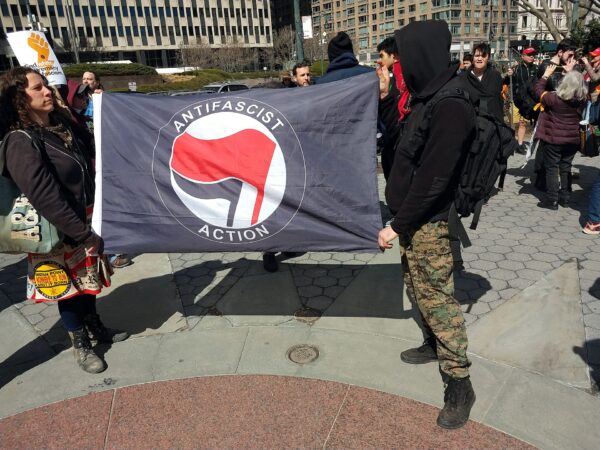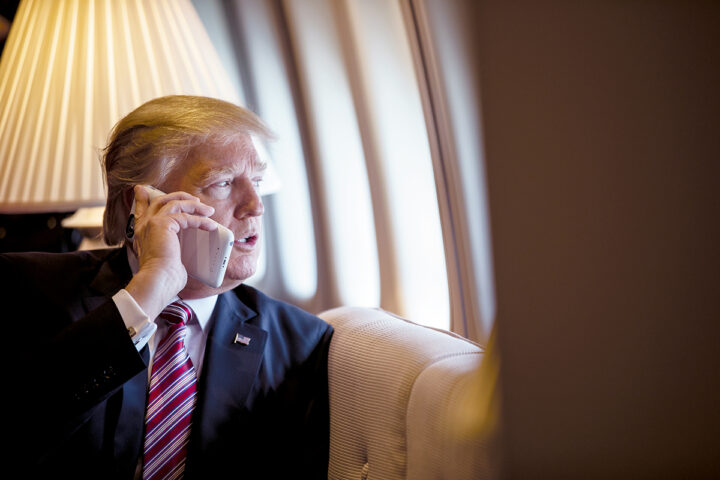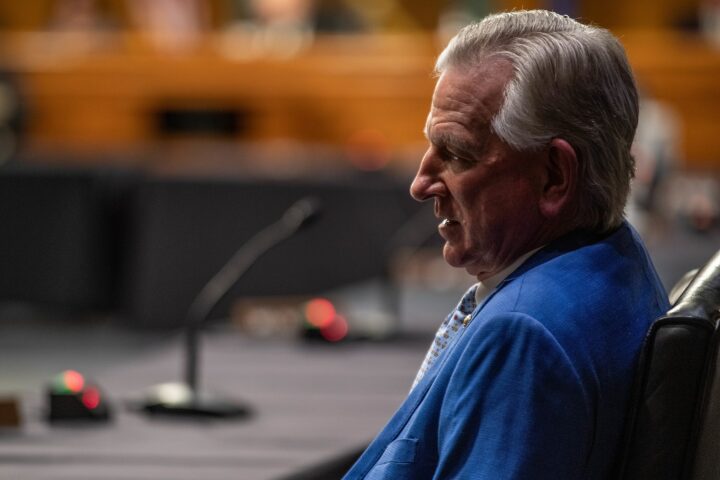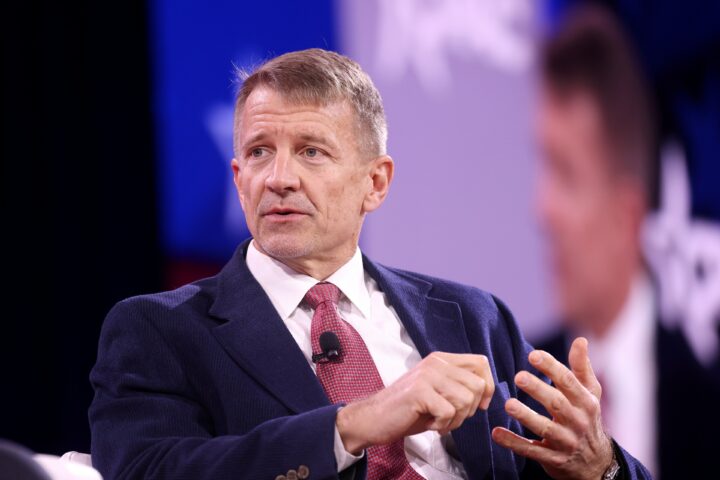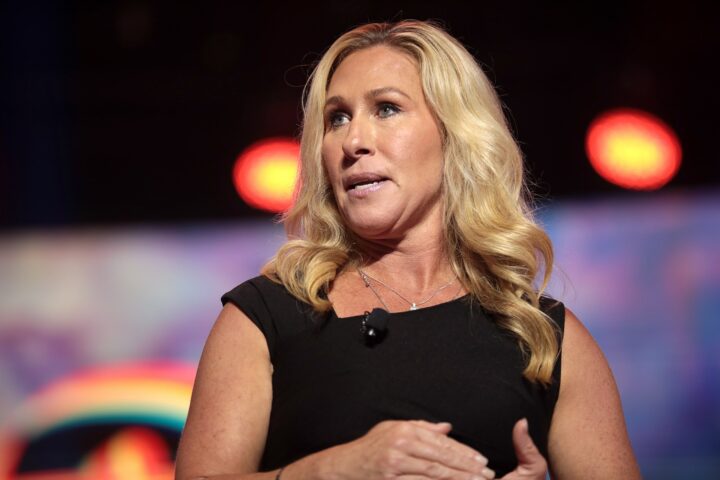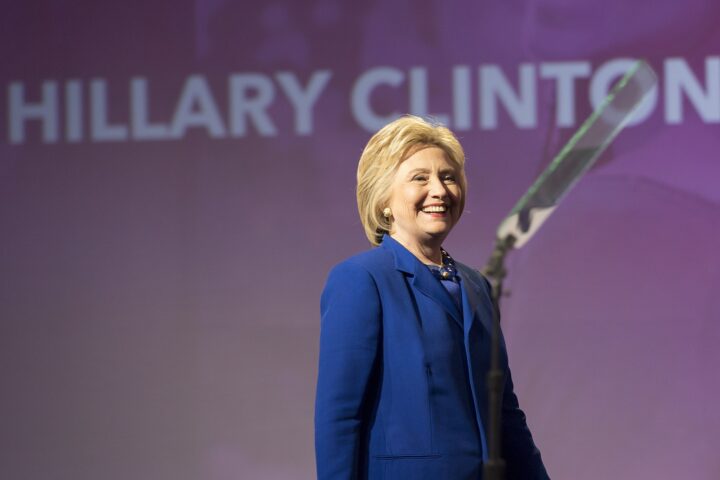A self-described former member of Antifa reportedly told Fox News on Thursday that he abandoned the far-left militant network after a decade inside the organization, citing “pressure” and “ostracization” from fellow activists who demanded ideological conformity and increasingly embraced violent action.
Eric, as he identified himself, appeared on Jesse Watters Primetime wearing a mask to shield his identity. His account aired less than two weeks after President Donald Trump formally designated Antifa a terrorist organization and vowed to investigate its financial backers.
When asked by host Jesse Watters whether Antifa’s philosophy could be described as “full blown communism,” Eric acknowledged the movement’s radical core. “I mean, a lot of it is. So a lot of it is — these are accelerationism. It’s not the slow march to the institutions. It is, ‘We want this, and we want it now,’” he explained.
Eric said he first noticed a shift in the organization nearly a decade ago, when activists from California began pressing members in Seattle and Portland to conform to a harder line. “One of the reasons that I got out of it is probably around 2014, 15, we started seeing groups come up to Seattle and Portland from California, and they were much more like, ‘Hey, you better get in line with this,’ and if you’re not, there’s consequences and there’s pressure.”
Founded in 2007, Antifa remained a fringe presence for years before surging into the national spotlight during the 2020 riots that roiled several Democratic-led cities, including Seattle and Portland. Trump, responding to the widespread unrest, first announced his intent to classify the group as a terrorist organization in May 2020.
Eric’s testimony described not only pressure but coercion. “Oh, not only that, but there was pressure, there was ostracization, things of that nature where you might get into it, say, because you don’t like bigotry in the music scene,” he recalled. “And then later on, it’s, ‘You’re gonna adhere to these tenets, and you’re gonna say and think these ways.’ And if you’re on the fence at all, ‘Silence is violence’ and, ‘Your comrades are gonna become a problem for you,’ you know?”
According to Eric, he had been recruited into Antifa as a high school freshman. His early involvement centered on drawing in other young recruits. While violence was considered “a perk,” he said, the deeper he went, the more radical the ideology became.
Living in Seattle, he said, he was well prepared by the time the 1999 riots erupted. “I had little Molotov cocktails in my bedroom and a copy of the Anarchist Cookbook that I had photocopied at the time from a friend of mine’s older brother,” Eric said. “At the time, I’m like, ‘Oh, this is just a good time.’ It’s only later on that you get more involved with the ideas, the philosophies, the direct-action ideologies that go deeper into later on becoming like a full-blown anarcho-communist and syndicalist.”
In a reflection of Trump’s tougher stance, the administration announced the deployment of troops to Portland over the weekend to safeguard Immigration and Customs Enforcement facilities from Antifa. The move signals a clear break from prior administrations, which often downplayed the group’s role in violent unrest.
[READ MORE: Supreme Court Set to Scrutinize Trump’s Key Policies in Upcoming Term]

